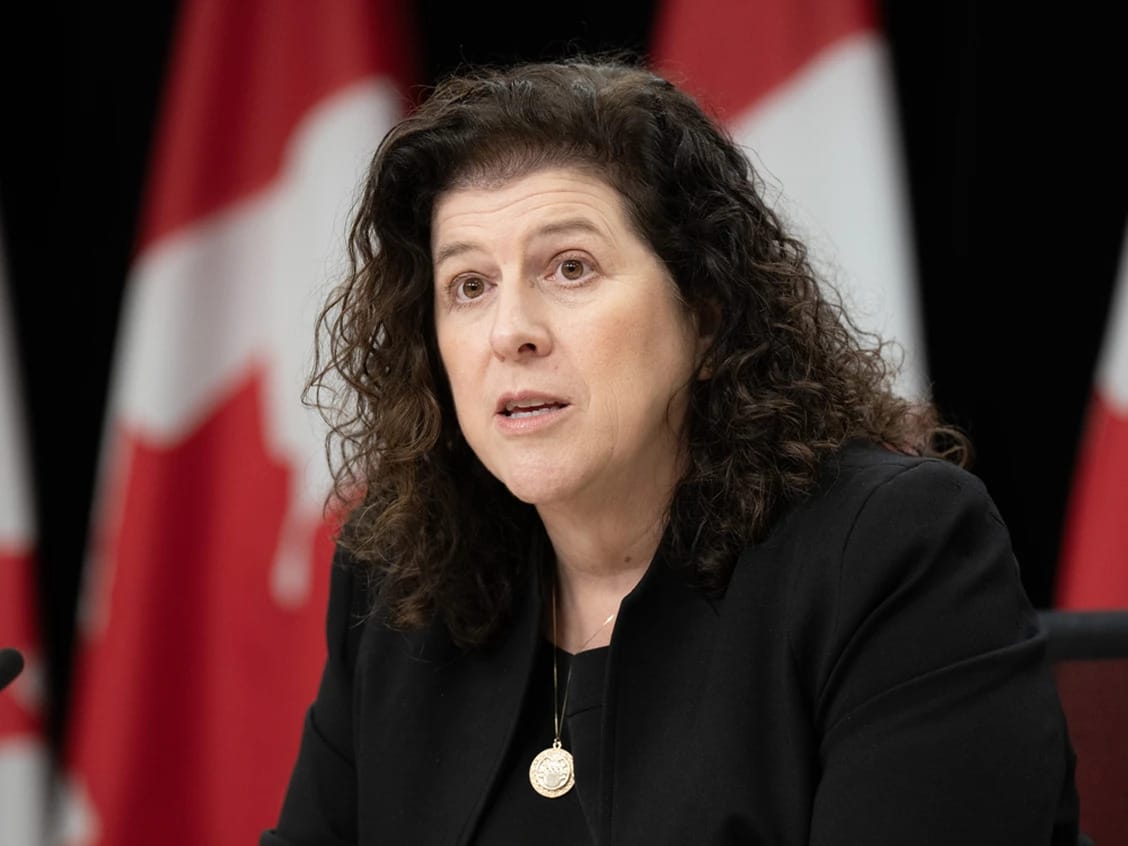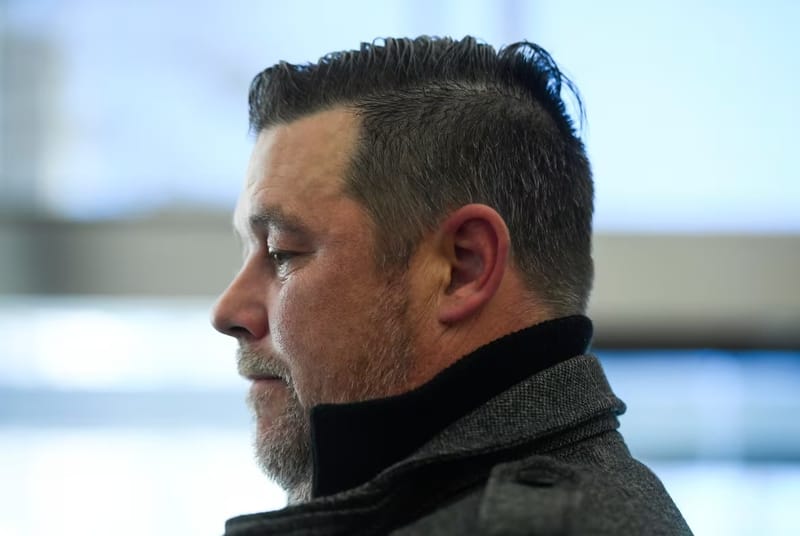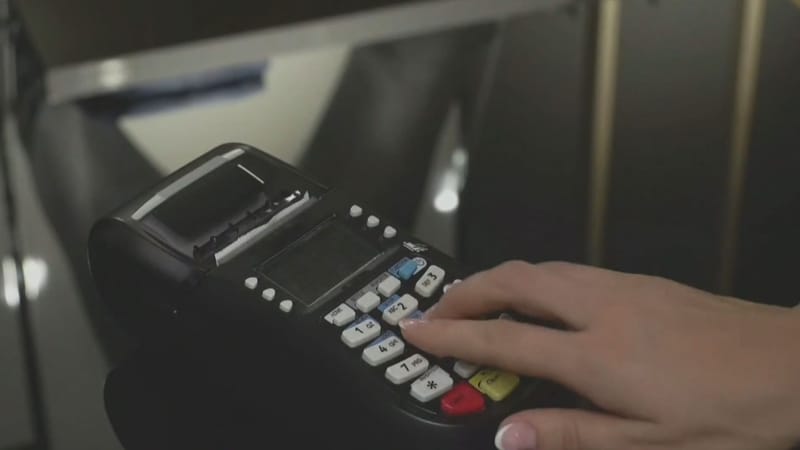Conflict between the House of Commons and the auditor general over "green slush fund" papers is intensifying
Hogan’s audit report revealed that one out of six projects funded by SDTC that she reviewed were ineligible and highlighted serious governance issues within the organization.

OTTAWA – A brewing conflict has emerged between the House of Commons and Auditor General Karen Hogan, who has thus far resisted complying with a parliamentary order to hand over documents related to her critical audit of what has been dubbed the “green slush fund.”
Though Parliament is typically quieter during the summer months, tensions have been escalating among the House of Commons, the Office of the Auditor General (OAG), and to a lesser extent, the RCMP, following a motion passed by MPs nearly three months ago.
On June 10, the House of Commons approved a Conservative-led motion demanding that the government and Sustainable Development Technology Canada (SDTC)—referred to as the "green slush fund" by Conservatives—provide a significant collection of documents to Commons law clerk Michel Bédard.
The motion also instructed the OAG to hand over any additional documents used in preparing Hogan’s recent audit of the SDTC, which was presented the week prior.
Hogan’s audit report revealed that one out of six projects funded by SDTC that she reviewed were ineligible and highlighted serious governance issues within the organization.
The motion, backed by opposition parties but opposed by the governing Liberals, also mandated that the Commons law clerk transfer these documents to the RCMP.
Conservatives have argued that an RCMP investigation is necessary to uncover all wrongdoing and potential criminal activity within the SDTC, anticipating a response from the RCMP on whether they will pursue the allegations.
Over the summer, letters submitted to the House of Commons and its public accounts committee revealed that the OAG and the RCMP expressed significant concerns over the implications of the order.
The letters also disclose that neither the Office of the Auditor General (OAG) nor the RCMP found any evidence of criminal wrongdoing during their review of Sustainable Development Technology Canada (SDTC).
On July 10, Auditor General Karen Hogan informed House of Commons Clerk Eric Janse in a letter that she would not comply with the order to hand over documents, citing concerns that doing so could compromise her office’s work.
Hogan emphasized that if the RCMP wanted access to her files, it could seek a production order to obtain them legally.
“I am not able to respond to the order at this time,” Hogan wrote to Janse, explaining that the records she audited belong to the government, not her office.
She argued that complying with the order would compromise her office's independence and could discourage government departments, agencies, and Crown corporations from providing her with timely access to information necessary for future audits.
OAG spokesperson Sébastien Bois confirmed on Monday that the office’s position has not changed since Hogan’s July 10 letter.
The House of Commons holds significant power through parliamentary privilege, which allows it to fulfill its duties. In a letter to Speaker Greg Fergus, Commons law clerk Michel Bédard stated that the House’s “power to send for documents is absolute and unfettered. It is a constitutional parliamentary privilege not limited by statute.”
Hogan’s refusal to provide the requested documents to Bédard could lead to a confrontation between her office and the House of Commons.
A spokesperson for the Speaker’s office indicated that it will be up to MPs to decide how to address Hogan’s refusal when the House resumes sitting in late September.
“If a member believes there was a breach of privilege, the member can raise a question of privilege once the House resumes its sitting,” said Speaker’s office spokesperson Mathieu Gravel in an email.
Conservative Leader Pierre Poilievre’s office did not respond to inquiries about the party’s next steps.
Steven Chaplin, a former senior parliamentary counsel for the House of Commons, described the June 10 order as “completely unprecedented” and suggested it might represent an abuse of Parliament’s powers.
He argued that by demanding the documents solely for the purpose of passing them on to the RCMP, the House of Commons is essentially acting as a "mailbox" for the police, which is not within its duties.
“I think that the House has really overstepped here, and it raises a number of constitutional issues,” said Chaplin, who is now a fellow at the Public Law Center at the University of Ottawa.
“It is not a parliamentary or constitutional function of Parliament to assist the police,” he added. “In my view, this is an abuse of process by Parliament and by the House.
It is using its processes for purposes for which they were never intended, and which are not connected to a parliamentary proceeding.”
Even if the OAG were to provide the documents to the RCMP through Bédard, it is unlikely that the police could use them for a criminal investigation.
RCMP Commissioner Mike Duheme expressed his concerns in a letter to Bédard dated July 25, about the implications of the June 10 motion and the influx of documents.
“There is significant risk that the Motion could be interpreted as a circumvention of normal investigative processes and Charter protections,” Duheme cautioned.
He noted that it is “highly unlikely” that any documents obtained through the Commons’ production order could be used to “support a criminal prosecution or further a criminal investigation.”
Duheme also emphasized that the RCMP is operationally independent and adheres strictly to the principle of police independence, ensuring that the government cannot direct or influence law enforcement actions.
In a public accounts committee meeting earlier this month, Liberal MP Iqra Khalid expressed concern that the motion undermined the independence of both the OAG and the RCMP and accused the Conservatives of causing “chaos.”
“It is… quite alarming that parliamentarians would interfere with the work of independent office holders who are there to provide scrutiny. It is quite troubling, in my point of view,” she said.





